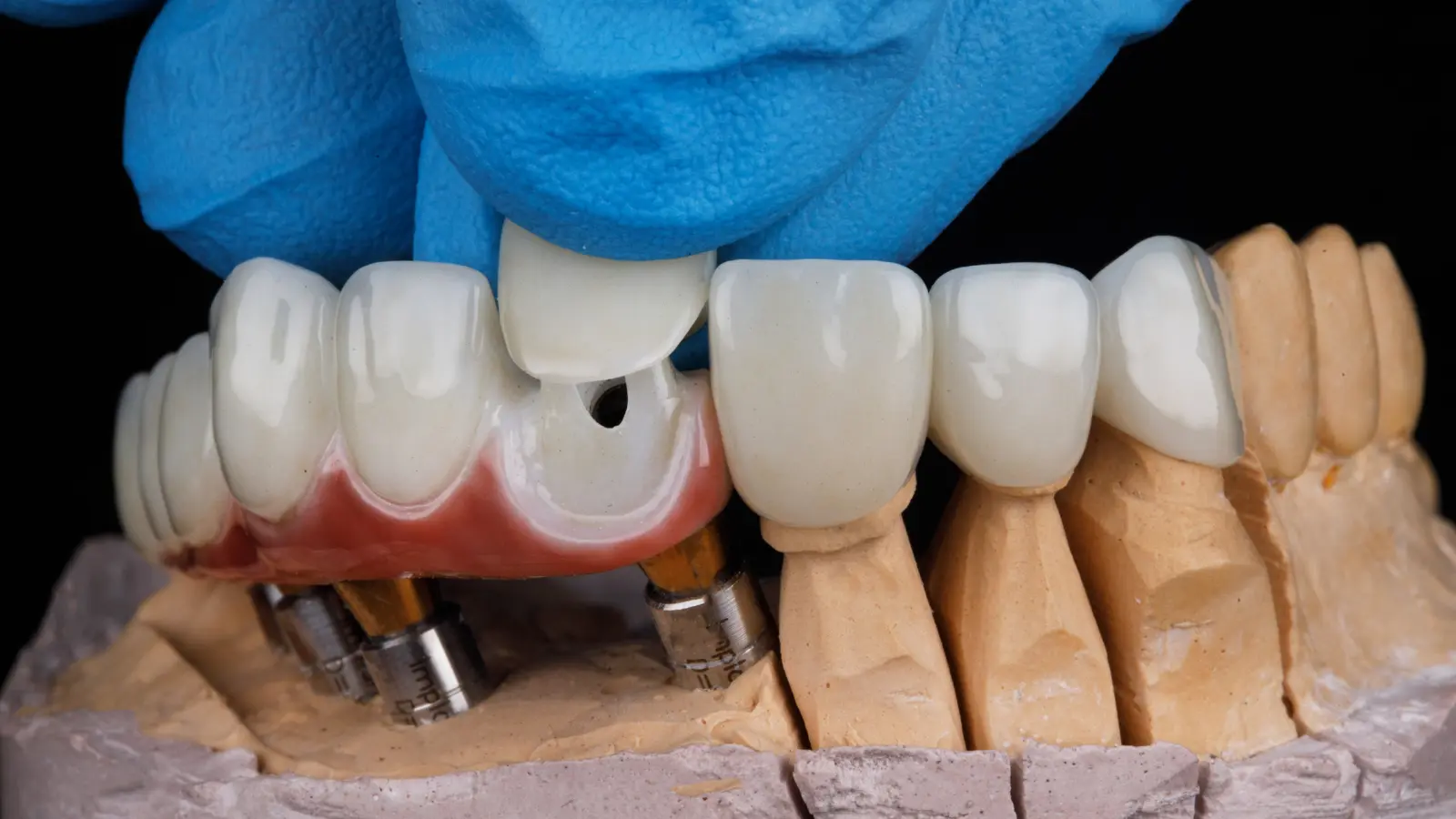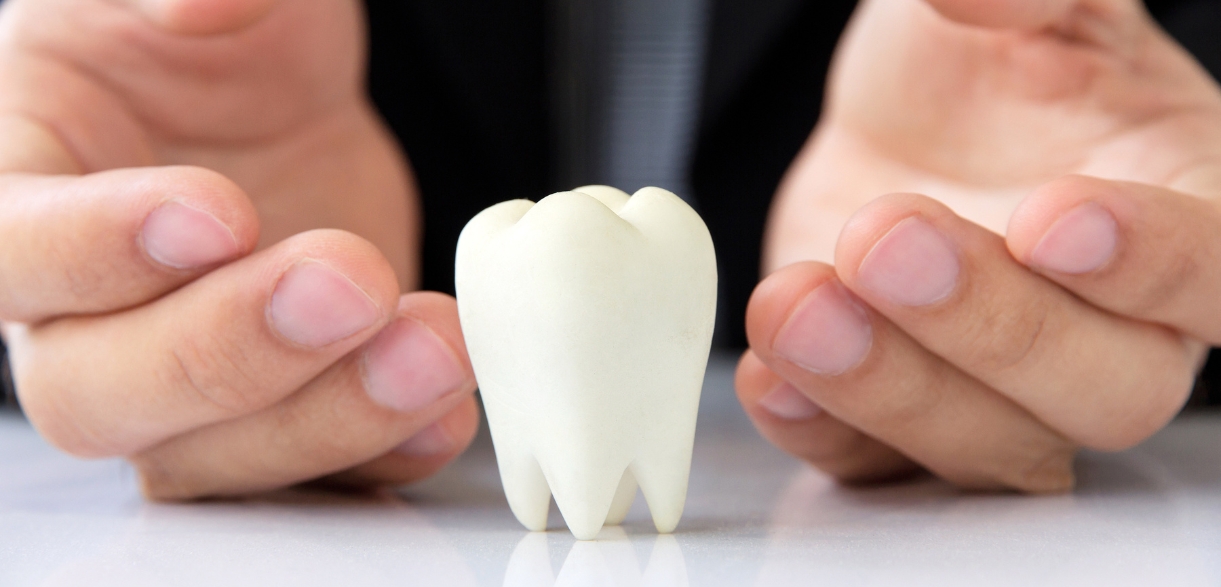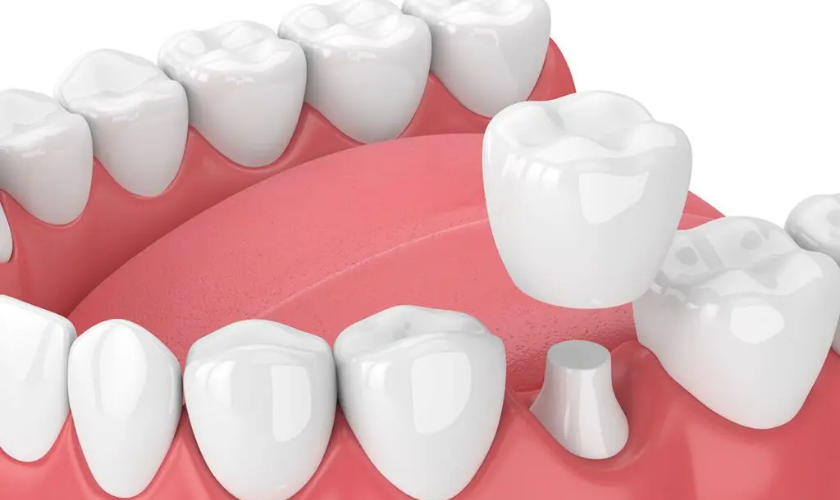$99 New Patient Special - Includes Exam, X-Ray and Basic Cleaning
Different Types Of Dental Crowns: Pros And Cons

In contemporary dentistry, dental crowns are a flexible and often utilized restoration alternative that is intended to cover and shield weak or damaged teeth. They are a crucial part of many dental procedures because they can restore the appearance and functionality of a tooth. Selecting the best out of various types of dental crowns can be a critical choice because there are numerous varieties available, each with certain advantages and disadvantages.
This blog today examines the types of dental crowns. It highlights the benefits and drawbacks of each to assist you in making an informed decision that complements your aesthetic tastes and dental needs.
Factors to Consider Before Choosing from the Types of Dental Crowns
Before exploring specific crown types, consider these factors to guide your decision:
- Durability and longevity: How long do you expect the crown to last?
- Aesthetics: How important is a natural-looking restoration for you?
- Budget and insurance coverage: Costs can vary depending on the material and complexity of the procedure. Dental insurance may cover some or all of the crown placement.
- Location of the tooth: The crown’s location (front or back teeth) can influence material choices.
- Your overall health: – Certain materials used in types of dental crowns may not be suitable for patients with allergies or other medical conditions.
Crowning Glory: Exploring Different Crown Materials:
- Metal Crowns:
- Pros:
- Most durable option: Metal crowns can last for decades with proper care.
- Strong and resistant to wear and tear: Ideal for back teeth that endure significant chewing forces.
- Relatively affordable: Generally the most cost-effective crown option.
- Cons:
- Unnatural appearance: The metal color stands out, making them less suitable for front teeth.
- Potential for gum sensitivity: Some people experience gum irritation or discoloration around the crown.
- May not be suitable for all allergies: Metal allergies can preclude the use of certain metal alloys.
- Pros:
- Porcelain-Fused-to-Metal (PFM) Crowns:
- Pros:
- Balance of aesthetics and durability: PFM crowns offer a more natural look than metal crowns while maintaining good strength.
- Widely used and versatile: Suitable for both front and back teeth.
- Cons:
- Less durable than metal crowns: The porcelain layer may chip or fracture over time.
- Metal ring around the gumline: In some cases, a dark metal line may be visible at the gum margin, impacting aesthetics.
- Potential for chipping: Porcelain is more susceptible to chipping than metal.
- Pros:
- All-Porcelain Crowns:
- Pros:
- Most natural-looking option: All-porcelain crowns mimic the translucence and color of natural teeth, offering a virtually seamless restoration.
- Good choice for front teeth: The natural look makes them ideal for restoring front teeth where aesthetics are paramount.
- Cons:
- Less durable than metal or PFM: All-porcelain crowns are more prone to chipping and breakage, especially for back teeth that experience heavy chewing forces.
- May require more tooth structure removal: To accommodate the thicker porcelain layer, slightly more tooth structure may need to be removed compared to other crown types.
- May not be ideal for all teeth: Their lower strength may make them unsuitable for back teeth under heavy stress.
- Pros:
- Zirconia Crowns:
- Pros:
- Excellent aesthetics: Zirconia crowns offer a natural, tooth-like appearance that blends well with surrounding teeth.
- High strength and durability: Zirconia is a very strong material, making it suitable for both front and back teeth.
- Biocompatible: Zirconia is a good option for patients with metal allergies.
- Cons:
- Cost: Zirconia crowns may cost more than PFM or metal crowns.
- May require more complex fabrication: The fabrication process for zirconia crowns can be slightly more complex, impacting turnaround time in some cases.
- Pros:
Find A Crown (dental) Meant For You!
Consulting a dentist is crucial for determining the best type of crown for your specific situation. Consequently, they will consider the factors mentioned above, carefully examine your teeth, and discuss your preferences. In addition, X-rays and other diagnostic devices could be utilized to evaluate the condition of the tooth and surrounding bone. Based on this information, your dentist will recommend the most suitable types of dental crown material for your needs.
Additional Tips:
- Talk to your insurance provider about your coverage and budget to understand the out-of-pocket costs associated with different crown materials.
- Ask about the longevity of different crown options and inquire about proper care and maintenance to ensure your crown lasts for years to come.
- If aesthetics are a top priority, consider all-porcelain or zirconia crowns, but discuss potential trade-offs in terms of durability for back teeth.
- Don’t hesitate to ask your dentist questions! Understanding the procedure and different crown options will help you feel more comfortable and confident about your treatment.
A Crown Fit for Your Smile
Dental crowns offer a fantastic solution for restoring damaged teeth, combining functionality and aesthetics. Understanding the pros and cons of different types of crowns materials empowers you to participate in the decision-making process with your dentist.
Working collaboratively with your dentist will help you choose the perfect crown material to restore your smile’s strength, beauty, and confidence. Don’t let a chipped tooth hold you back – explore the world of dental crowns and find the solution that best suits your unique needs and preferences.
Frequently Asked Questions On Types Of Dental Crowns!
1. How long do dental crowns typically last?
The durability of a dental crown depends on the material used and the care you provide. Metal crowns can last for decades, while all-porcelain crowns can chip or break, especially with heavy chewing. Zirconia crowns offer a good balance of aesthetics and durability. Consult your dentist for a more specific estimate based on the chosen material and your individual situation.
2. Will getting a crown hurt?
Placing a dental crown typically involves minimal discomfort. Local anesthesia is used to numb the region surrounding the tooth, so the process shouldn’t cause you any discomfort. After the operation, you can feel a little sensitive or uncomfortable, but this can be managed with over-the-counter pain medication.
3. What happens if I chip or break my dental crown?
If your crown chips or breaks, contact your dentist immediately. Depending on the severity of the damage, the crown may be repairable, or you may need a complete replacement. Fast identification is crucial to prevent further damage to the underlying tooth.
4. How should my dental crown be maintained?
The maintenance of a dental crown is analogous to that of your natural teeth. Brush two times a day and floss once a day to maintain good oral hygiene. Avoid using your teeth for tasks like chewing on hard objects, which can damage the crown. Dental check-ups and cleanings are essential to ensure the long-term health of your crown and surrounding teeth.
5. Are dental crowns the only option available?
In some cases, depending on the extent of the damage, dental fillings or onlays (partial crowns) may be suitable alternatives to full crowns. However, crowns offer superior strength and durability, especially for severely damaged teeth. Discuss all options with your dentist to ascertain the most appropriate plan of action for your unique requirements.






